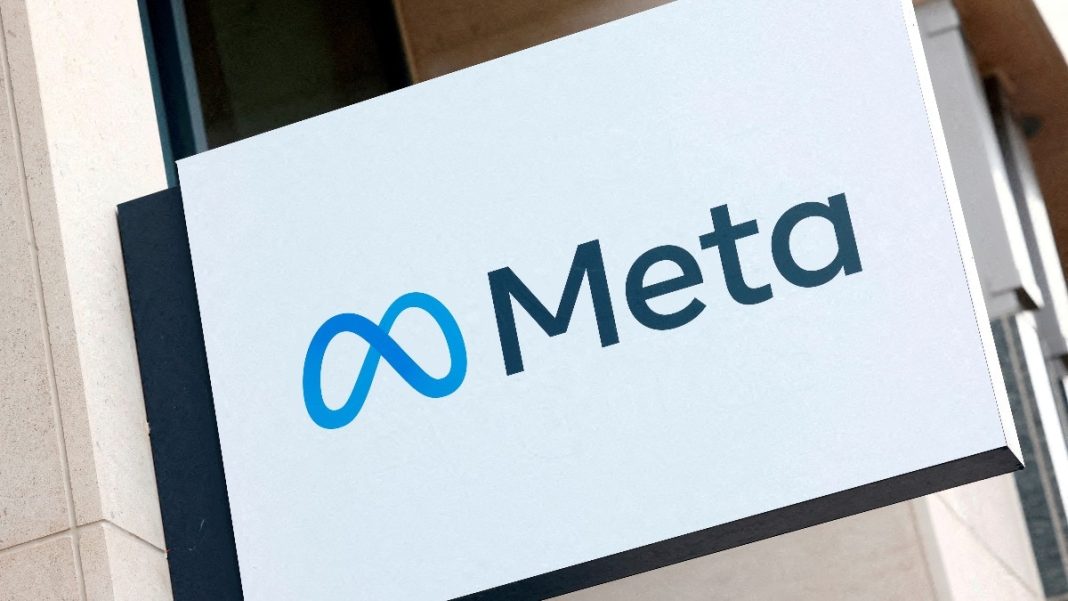Key Takeaways
- Meta will link employee performance reviews to AI impact starting in 2026
- Employees can earn higher ratings and bonuses for exceptional AI use in 2025
- New AI Performance Assistant launches this month to help write reviews
- Meta joins Microsoft and Google in making AI adoption mandatory
Meta is making artificial intelligence a core factor in employee performance evaluations. Starting next year, staff performance will be directly linked to their “AI-driven impact,” transforming AI from an optional tool to an expected competency.
According to an internal memo from Janelle Gale, Meta’s Head of People, “AI-driven impact” will become a formal appraisal criterion from 2026. The company wants every employee—across engineering, marketing, and operations—to demonstrate how they’re using AI to work smarter and faster.
Performance Reviews Get AI Integration
Meta will evaluate employees based on how effectively they use AI to deliver measurable results and build productivity tools. While AI metrics won’t formally appear in 2025 reviews, staff are encouraged to document “AI-fuelled wins” in self-evaluations.
“For 2025, we’ll reward those who made an exceptional AI-driven impact, either in their own work or by improving their team’s performance,” Gale wrote.
Employees using AI to streamline workflows, accelerate development, or create smarter systems could receive higher ratings or bonuses. To support this transition, Meta is introducing an AI Performance Assistant this month that integrates with its internal Metamate bot and can access tools like Google’s Gemini to draft performance summaries.
Industry-Wide AI Push
Meta isn’t alone in its AI mandate. Microsoft recently told managers that AI use is “no longer optional,” while Google CEO Sundar Pichai emphasized that adoption is critical to “lead the AI race.” Amazon has similarly been embedding AI across corporate and retail operations.
Meta has already taken concrete steps toward its AI-first culture, including updated hiring processes that allow candidates to use AI during coding interviews. The company also launched “Level Up,” a gamified program to boost employee engagement with AI systems.
A Meta spokesperson confirmed: “It’s well-known that this is a priority, and we’re focused on using AI to help employees with their day-to-day work.” This includes writing emails with Metamate, brainstorming code fixes, and analyzing metrics with AI-driven dashboards.
“As we move toward an AI-native future, we want to recognise people who are helping us get there faster,” Gale wrote.
For Meta employees, performance may soon depend less on meeting hours and more on effective algorithm collaboration. In Zuckerberg’s AI-powered workplace vision, success hinges on one question: what’s your AI impact?




